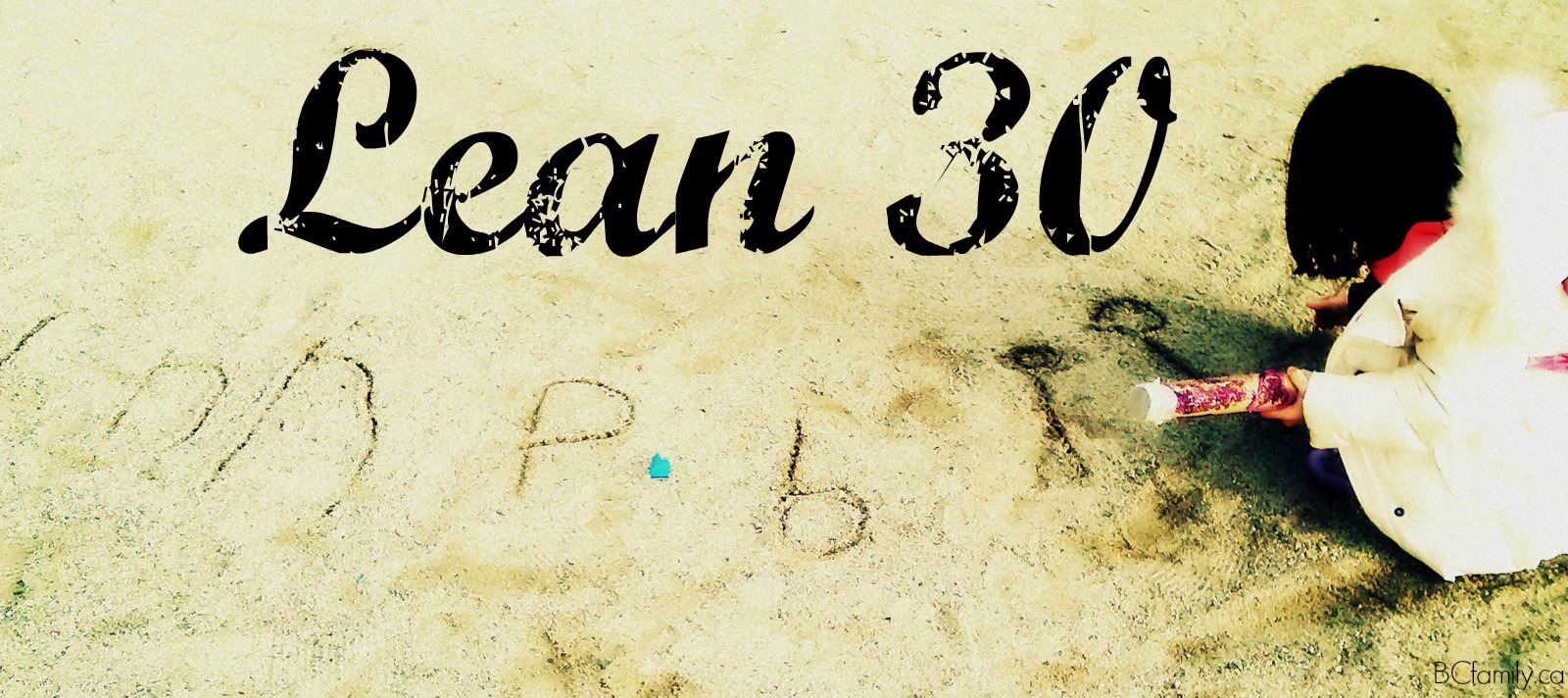Pamela Chan, BCFamily.ca/Editorial
I remember the conversation clearly. Two mums were discussing how opportunities for their children to meet up socially with their peer group were slim on the ground. One mum explained that despite being in a class for two years, her daughter simply hadn’t been invited for playdates or parties. The other mum agreed. They concluded that it is the way things are these days. It’s a story that you will hear replicated in parenting articles and blog posts on the regular.
Between the ages of 1 and 4, my twins were invited to a total of two birthday parties. By the time they were turning five, I hadn’t hosted birthday parties for children other than immediate cousins, but we had hosted social events with other children at our home. On the party front, we held birthday parties for our twins between the ages of five and age nine, and my children were invited to more birthdays once they started elementary school.
Before formal schooling started, I assumed that opportunities to socialize with other children would increase when my children started attending more extra-curricular classes and preschool. When they started pre-school, the invitations to play in the playground and occasionally at someone’s home did pick up to a modest degree. Although these same families fell of the radar when my children went to a different elementary school – or a few years thereafter. Things became awkward when the children all ended up at the same middle school.
When my children were about to turn five, I invited over children they met regularly in local programmes. Summer birthdays can be a challenge because people are busy with family plans or are away. However, I did find it frustrating to not receive replies from parents, felt like I had to chase them down, and received unclear information about who was coming. A lot of food was prepared and games were organized. Two children show up.
During their pre-school years, and over a period of a few months, we attended Sunday school at our closest local Catholic church. It’s not that I expected social opportunities to come out of that experience but I also noticed that the well heeled parents – mostly mums – didn’t speak with me once. Not once did they say “oh hello” as I kept track of my twins moving in two different directions. I’ve since wondered if they concluded that we were a family trying to get into the local Catholic school and were not serious about joining the community. After all, we had appeared in the years leading up to Kindergarten applications. There are stories from here to the UK about assumptions being made regarding parents making a show of it so their child can gain acceptance into a school. Making social connections and inroads in that group was clearly going to be a painful process. Ultimately, we decided to move to a different church that seemed more welcoming.
“Crikey”, I thought, “May this NOT be how things go for us when our children start K-12 schooling!”
Over time, I gave up on the notion that my children would develop some type of early years social group. I also tried to push to the back of my mind all the conversations I’d had with friends who had talked about the group of mum friends they had developed during baby groups, play groups, preschool and early elementary years. I can’t deny that I wasn’t disappointed as I lived in a car dependent community and felt isolated after I moved to the suburbs with my husband and children.
I made social chit chat when I come across other parents at a parent participation preschool we attended, and outside a more traditional preschool they attended at age 4.5. I hoped that my children were faring well in social groups when I wasn’t around. As children get older and move through elementary school and beyond, a parent can only hope that they will develop a small circle of friends. Birthday parties fall by the wayside and parents, for the most part, aren’t involved in how their child chooses to socialize and celebrate with their friends. It’s the early years that stood out as feeling difficult and awkward.
If you’re a parent of a young child, and you’re struggling to provide support for this process of making friends and socializing, take comfort in knowing that the awkward struggles are a common occurrence in the pre-school and early years. You are not alone. That parent standing quietly on the side on the school playground may be feeling the same way.

